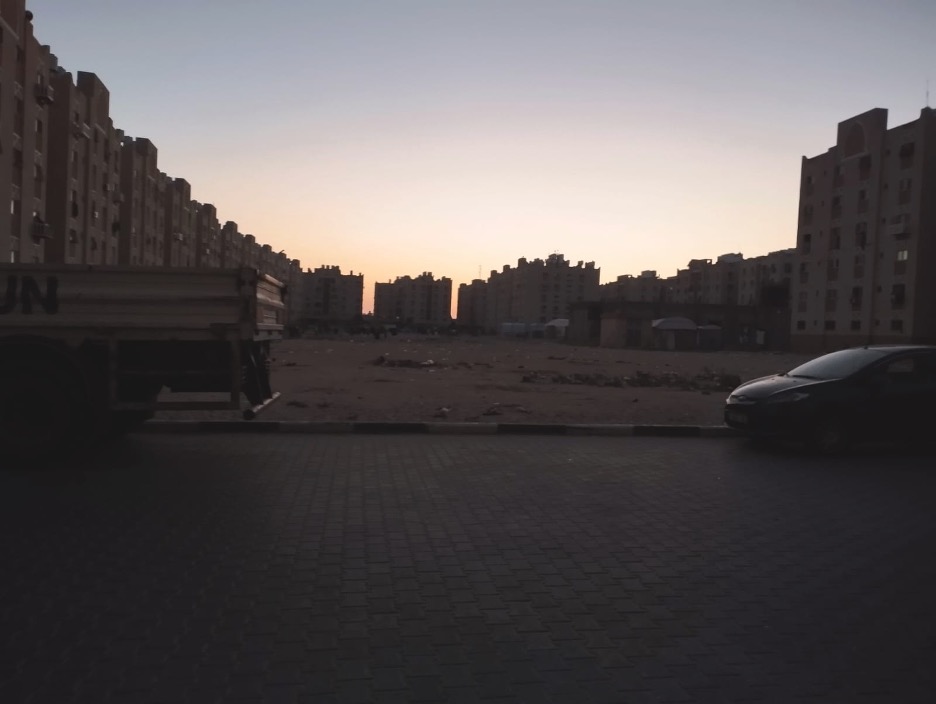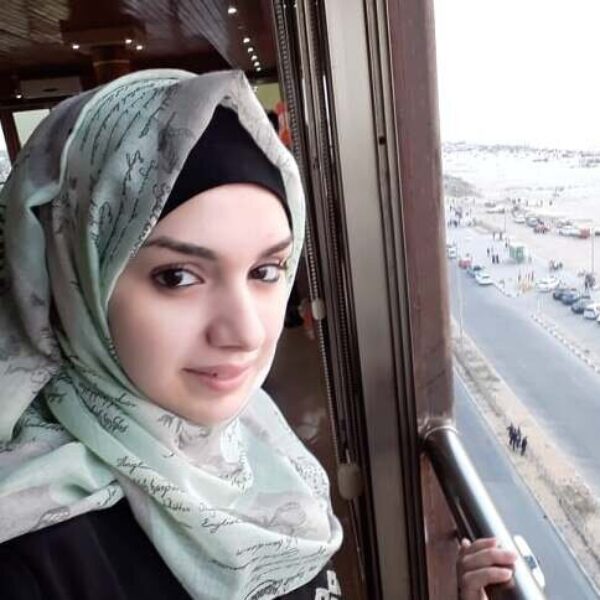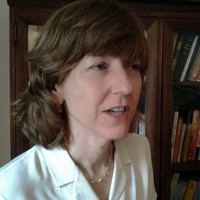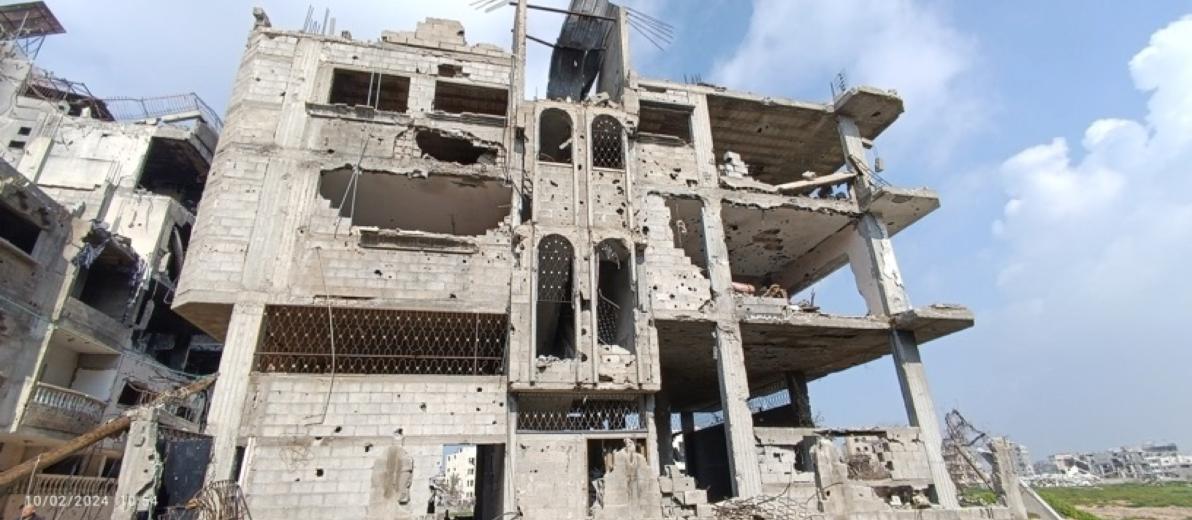
Winter has come to Palestine, but this time it has a different taste. It rains blood and tears everywhere. Death, pain, and loss haunt the landscape. No more happiness. No more homes. No more water. The angel of death is flying here, taking the souls of innocent people with them to another, more just, world. Every day, children become orphans, and mothers lose their children. Every day, homes are bombed and entire families are killed. The world bewails the senseless loss of innocent lives, yet somehow, nobody is stopping it.
Part 1
At night, we lie awake because homes all around us are being destroyed by rocket fire. The urgent wails of ambulance and civil defense sirens reach a crescendo. The bombing comes closer and closer until we begin finding rubble in the stairwell of our family’s building. The air is full of ash and smoke, making us choke and cough for hours. The Zionists leave recorded messages on many families’ phones, telling them to leave Gaza and go to the south. Dad has decided: It is time to leave Gaza City.
As I prepare leave my family’s home, the place where my memories have roots, I feel sad when the time comes to say goodbye. I move around the house, wondering what I should carry with me. I take the handwritten stories that I dream of publishing one day.
As I’m putting my two-and-a-half year old daughter’s shoes on her, Laya wonders, “Are we going to go to the sea? I want to go to the sea, Mom.”
While we’re sitting in my Dad’s car, his phone rings. A relative tells him that the Israelis have attacked the car of people who are fleeing their home. But we have no choice. We have to leave for the safety of the kids. As our car sets out, we see many families walking on foot for miles, carrying mattresses and other belongings on their backs
Part 2
Most of the displaced people in Gaza head south, like us. We drive for almost two hours until it becomes dark. It is the profound blackness of a place without electric lights. We’d been afraid that we wouldn’t reach safety, but thank God we are here.
Laya says, “Yeah, this is the sea,” while we are praying to God that we’ve reached safety.
When my four-year-old niece, Sana, sees the sea she says, “I didn’t bring my swimsuit. Oh, how can I swim now?”
This place is safer than Gaza City, but there are still rocket attacks, including one right in front of our building. We are tightly packed into a relative’s small apartment, all 29 members of my extended family, including six children under the age of four, two of whom are mine.
The town’s water supply has been cut off, but the apartment building pumps a little water every four days. Because there are so many of us, it lasts for only two days. We use it to hand wash our clothes. We also wash the dishes by hand or use disposable plates. Every day, the men walk many miles to find water for cooking and drinking. It tastes salty, and we’re never sure if it’s safe.
Supermarket shelves are now bare. Men spend hours in the morning, traveling by car, looking in markets far from here to find food, especially for dinner. They put their lives at risk, and they’re afraid if the gas runs out, they won’t know what to do.
We stopped buying eggs for breakfast because a carton now costs almost $10. Luckily, my father bought two sacks of flour when the war first broke out. Like all Gazans, he knew he should stock up on food. Now, Mom bakes bread twice a day. Lunch depends on what the men are able to buy at the markets, usually rice or spaghetti. Without electricity, our fridge doesn’t work, so we are making lunch with only the food we can find each day.
We sleep on mattresses in one big room. A curtain divides the men and women. On my right, Laya is sleeping with her toy. There are three infants waking up crying at night, including my eleven-month-old, Ayla. Sleep is elusive, and it adds to the stress we already feel. We are tired, especially the mothers, and tempers are frayed.
Whenever one of us falls ill, the sickness infects many others. We can’t tell whether it’s because of bad water, stress, close quarters, lack of food, or all of them.
Part 3
We listen to the news on the radio, as there is no internet connection. We hear about many people dying, but we don’t know whether it might be a dear friend, a relative, or neighbors. That is, unless someone calls and and tells us. News reports sometimes mention family names, but not the first names of martyrs. Many times, entire families are killed and buried without anyone learning their names, so they aren’t identified. And the martyred aren’t given proper burials.
Our situation worsens. This morning, Laya wakes me up, telling me she’s hungry. We find the markets are empty, except for some lentils and three small containers of baby food for Ayla. We have no breakfast, as there is no cheese or anything. Even our spaghetti is finished.
We still have some flour, but there’s no gas to make bread. The men go out to buy firewood so we can cook, but they find none of that, either.
We are not afraid of dying. What we are afraid of is that we may witness every member of our family being cut to pieces and murdered, and yet we are still alive.
Part 4
My message to the world is: We are human beings. We have the right to live in peace in our homes. We have the right to be free. We have the right to sleep well. We have the right to drink water and use electricity. We have the right to raise our kids in a safe environment. We have the right to breathe fresh air.
We cannot be refugees again. This is our home and our land.










